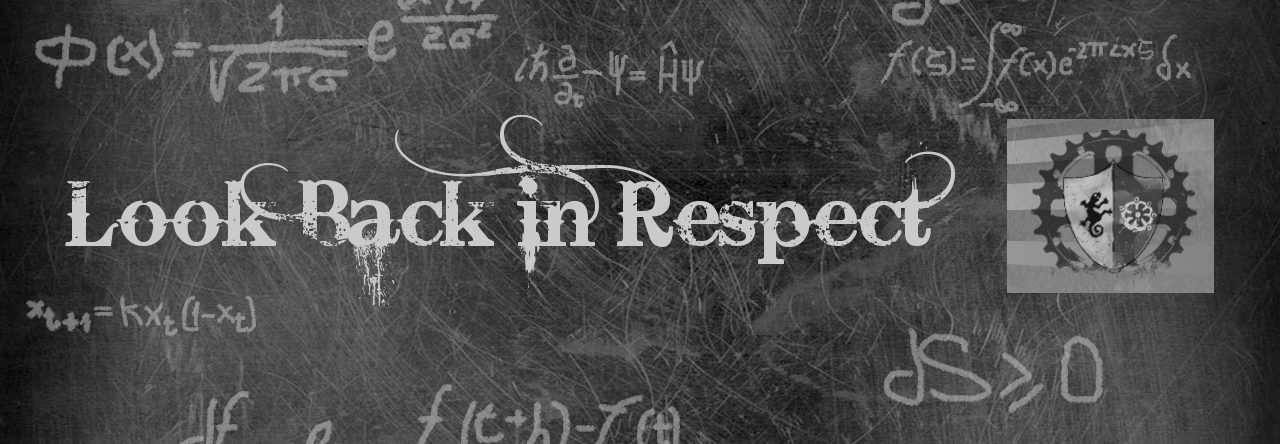This was really funny: since a couple of days the economists community is unsettled. It has been found that one of the most influential economic article of the latest years – more than 2000 quotes – was wrong.

In 2010, Kenneth Rogoff and Carmen Reinhart of Harvard present a paper that seems to give scientific and indisputable bases to the Austerity policy [PDF]: they compare many countries – between year 1945 and 2009 – and discover that the ones with the economic numbers more in shape, i.e. with a debt below 30% of the GDP (Gross Domestic Product), have grown 4.1% on average.
The ones with a debt between 30% and 90% of GDP have grown only 2.8% on average.
The ones – like Italy – with a debt more than 90% of GDP had a negative growth: -0.1%
Political-economic conclusion: when the debt is too high, the interest rates payments bring the country in recession. Therefore, to reduce the public debt using cuts and taxes is necessary in order to grow again.
Now, three years later, two professors of Amherst University in Massachusetts, Robert Pollin and Michael Ash, assign to one of their student, Thomas Herndon, a classic exercise (maybe not so practiced in economic studies): to take the data used by some famous research and repeat the calculus (something that an academic journal should do before publishing a paper, but often they don’t).
The result: the calculations by Rogoff and Reinhart were wrong [PDF], probably because of a bug in an Excel spreadsheet !
The correct calculations give as result that the countries with a debt > 90% grow 2.2% (instead of -0.1% !); clearly less than other countries but not so dramatic: no politicians would risk their re-election by imposing taxes or cuts knowing that.
The two economists from Harvard – who used the research for an international bestseller – admit the error but defend themselves noting that still countries with high debt grow less than countries with smaller debt.
But this is only saying that high debt and low growth go often together, but not that the debt is the cause of the lower growth. It could be the other way around!
Anyway, big scandal: Paul Krugman couldn’t believe his eyes. Similarly as a few months ago Olivier Blanchard, chief economist of the IMF (International Monetary Fund) admitted they had some wrong multipliers in place.
For many people, this is the proof that the economists have definitely lost any credibility. I, myself, have been critical in the past about the economic science but this is actually good news: science is based on numbers and theories that can be proved or disproved, and the theories of an economic science based on statistics (Econometrics) – separated from philosophy and ethic – can be checked by a student, doesn’t matter if their supporters are from Harvard.
Lessons learned for economists: improve your math and statistical skills and check more often your theories. For everyone else: maybe Excel is not the right tool for academic researches …

Pingback: Read and clean data with Python pandas | Look back in respect